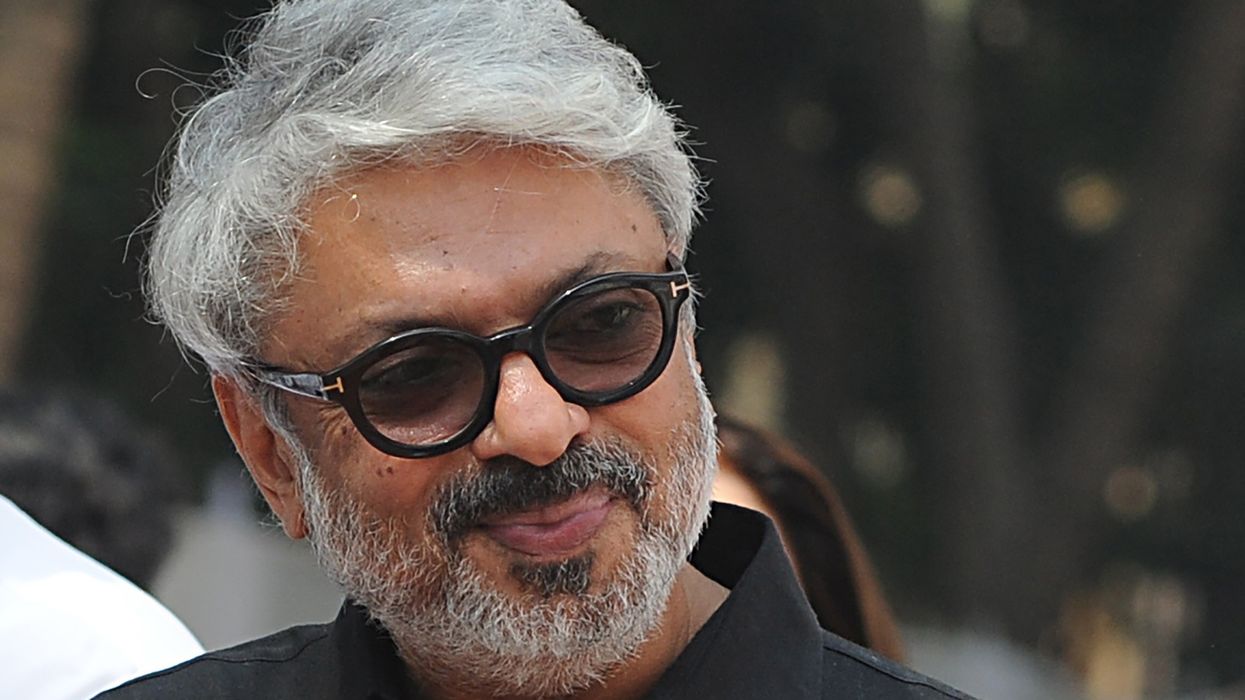By: Mohnish Singh
Bhansali Productions, led by celebrated Bollywood filmmaker Sanjay Leela Bhansali, is involved in a legal row with Eros International over the rights of their hugely successful films Goliyon Ki Raasleela – Ram Leela (2013) and Bajirao Mastani (2015).
In a statement issued by Bhansali Productions, it said, “We at Bhansali Productions Private Limited vide our advocate's letter dated 5th April 2021, have terminated agreements with EROS International Media Ltd. in relation to the films Goliyon Ki Raasleela – Ram Leela and Bajirao Mastani.”
The statement further read, “Consequently, all the rights granted by us to Eros International Media Ltd. stands revoked with effect from April 5, 2021. We hereby call upon all concerned to forthwith, cease and desist from exploiting, dealing with any rights of the above said films in any manner whatsoever, whether directly or indirectly, with immediate effect.”
For the uninitiated, the rift between Bhansali Productions and Eros International Media started after the latter filed an intimation with the Bombay Stock Exchange (BSE) that it was going into an all-share merger with its parent company Eros International PLC and Hollywood’s STX Filmworks.
Bhansali’s production house then challenged that neither Eros International PLC nor STX Filmworks was parties to the co-production agreement between Bhansali Production and Eros International, thus cannot exploit the rights of the films.
Meanwhile, Sanjay Leela Bhansali is presently busy wrapping up his next directorial Gangubai Kathiawadi, which stars Alia Bhatt in the titular role. This is the first time when the duo is working together on a feature film.
The period drama, which is based on the life of Gangubai Kathewali, a brothel owner in the red-light district of Mumbai called Kamathipura, also has superstar Ajay Devgn in an extended cameo. Devgn will be reuniting with Bhansali after their 1999 blockbuster Hum Dil De Chuke Sanam.
Gangubai Kathiawadi is scheduled for its theatrical bow on July 30, 2021.




